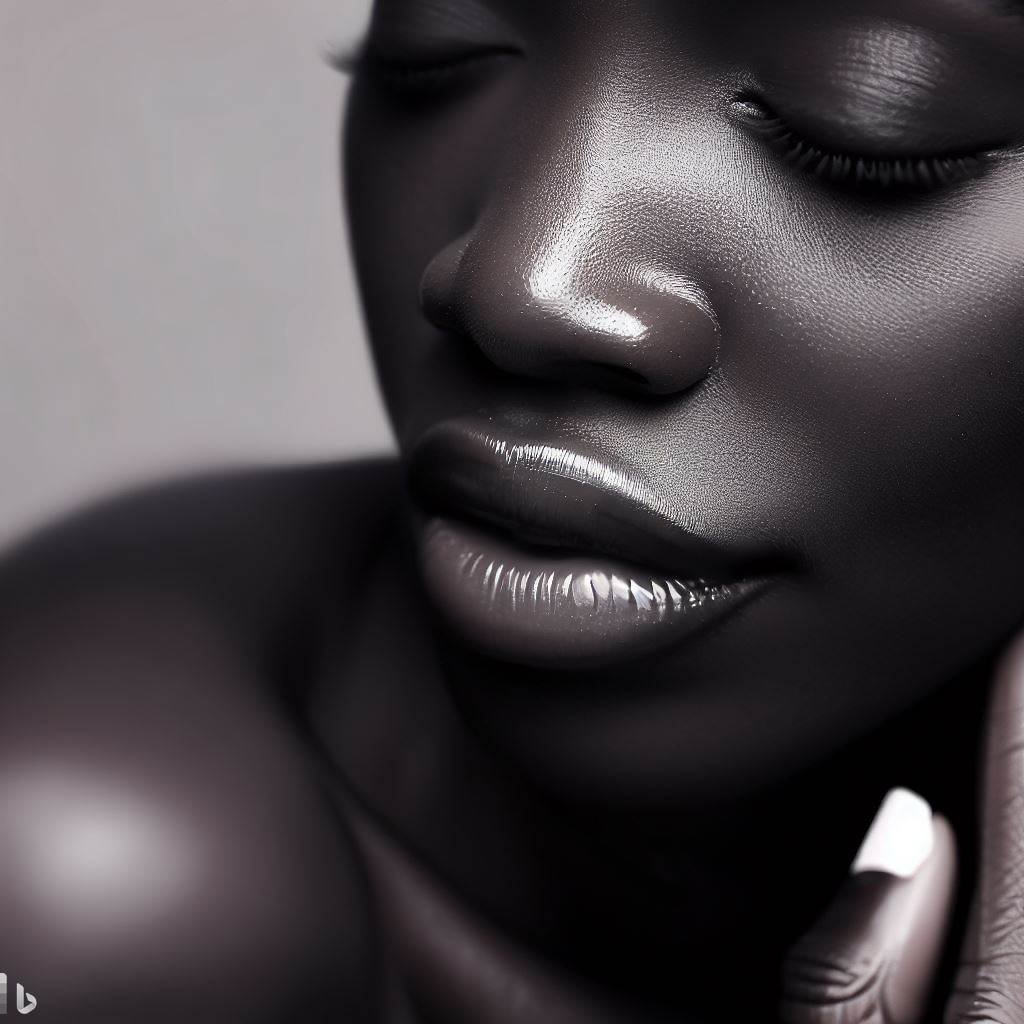We’re Not OK, But We’re Not Giving Up

Burnout. Grief. Injustice. And still, we rise.
It’s 2025, and for Black and Brown communities, the emotional weight is heavier than ever. We’re navigating a relentless cycle of systemic oppression, political regression, and personal loss. The term “burnout” doesn't fully capture the depth of our exhaustion—it’s a chronic, generational fatigue compounded by ongoing trauma. This shit is never ending, I am so tired of not being heard, or listened to - at the end of the day I can only surmise it’s all due to the tone of my skin.
The Unique Weight of Burnout in Communities of Color
Burnout for Black individuals transcends workplace stress; it's a culmination of cultural fatigue, emotional trauma, and the relentless pressure to perform in environments that often devalue our existence. This phenomenon, termed "racial battle fatigue," manifests as both psychological and physiological stress responses resulting from constant exposure to racial microaggressions and overt discrimination. 247 Live Culture Magazine Wikipedia+1Outten & Golden+1
The expectation to be resilient—to continually show up, excel, and lead—while enduring systemic injustices is not just draining; it's dehumanizing. As Jamila Gomez articulates, "Resilience, in the way it is expected of us, is not empowerment—it is extraction". 247 Live Culture Magazine
Grieving in the Midst of Injustice
Our communities are in a constant state of mourning. From the loss of loved ones to police violence to the erosion of civil rights, grief is an ever-present companion. Yet, the space to process this grief is often denied. As Megan Devine notes, "We cannot advocate for a revolution in how we come to pain if we are not willing to look at the pain and suffering atop pain and suffering of BIPOC". 247 Live Culture Magazine McLeanHospital Refuge in Grief
Organizations like PAUSE are stepping in to fill this void, creating culturally specific, expert-informed grief resources for communities of color . These initiatives acknowledge that our grief is not just personal but collective, rooted in historical and ongoing injustices. Evermore
The Importance of Rest and Community Care
In the face of relentless adversity, rest becomes a radical act. The #SoftLife movement, popularized by Black women, emphasizes living a life of comfort and minimal stress, advocating for intentional rest as a form of resistance . Community care, too, plays a crucial role in combating burnout. Building supportive networks and engaging in collective healing practices can help mitigate the toll of systemic oppression. 247 Live Culture Verywell Mind wokescientist
Holding Multiple Truths
It's essential to acknowledge the complexity of our experiences. As highlighted in Melanin Base Camp, Black women, in particular, are adept at holding multiple truths—feeling sadness and grief while recognizing the necessity of stepping away to preserve one's well-being . This duality is not a contradiction but a testament to our resilience and humanity. Melanin Base Camp
🔥 Still Standing? Good. Now Let’s Rise Together.
If you felt this in your bones—if you’ve been carrying too much, grieving too long, or fighting to keep even a flicker of light alive—know this: You are not alone, and you damn sure aren’t invisible.
February83 was built for moments like these. For people like us—the ones who keep showing up even when the world keeps trying to dim our shine.
💌 Subscribe to stay rooted in truth, power, and unfiltered healing.
🗣 Leave a comment below and tell us how you’re really doing—we listen over here.
📲 Like, share, and send this to someone who needs it. Burnout can’t win when we move as a collective.
✨ And when you're ready for the deeper, rawer, next-level stuff—
step into The 83 Society. Because not everyone deserves your presence, but this space was built for your power.





